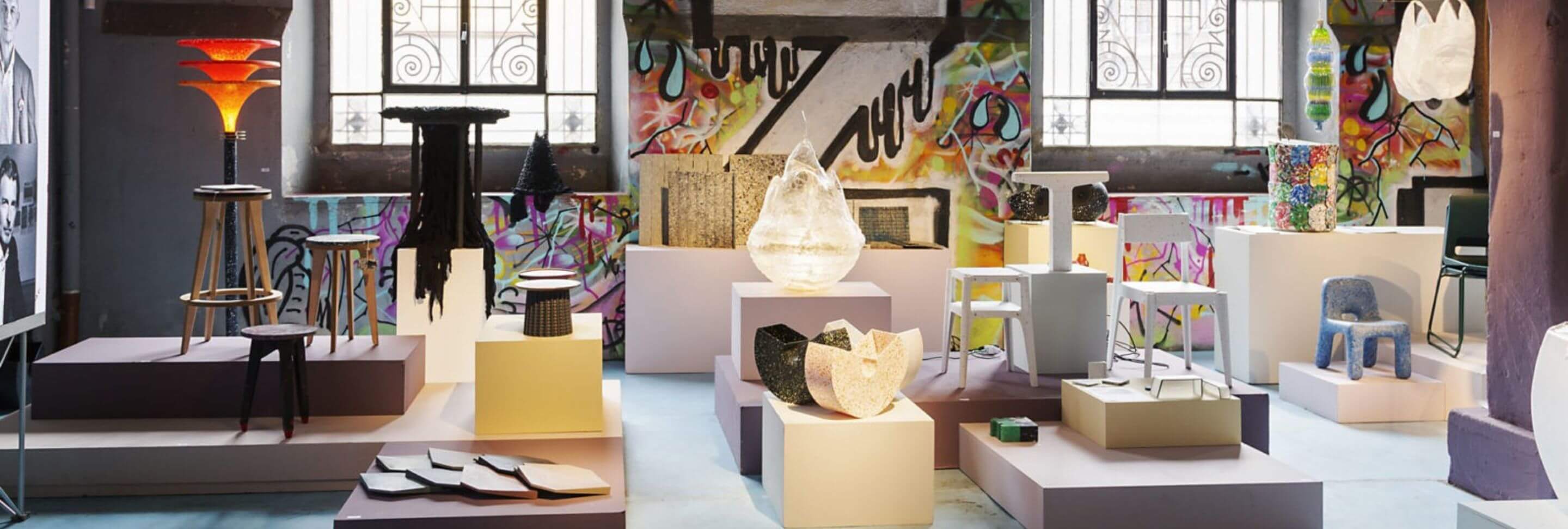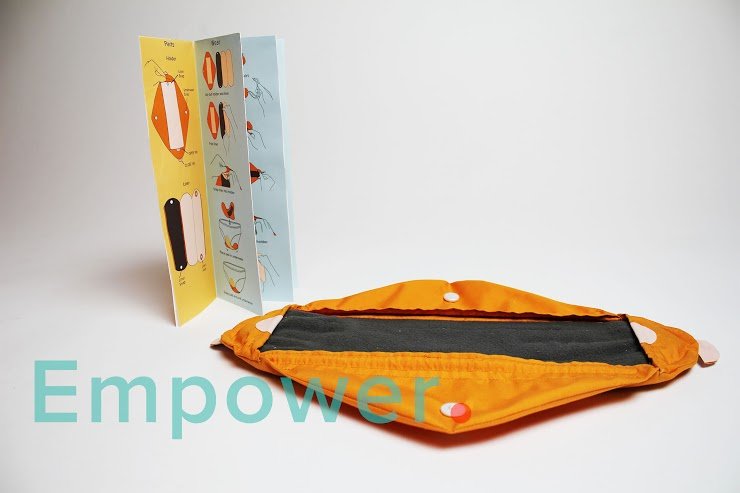Empower.
Conscious Innovation Projects
Empower. is a reusable menstrual pad designed for better sanitation and discretion. Currently waste generated by menstrual products totals about 200,000 tons a year. Empower. is made from polyester recycled from PET products such as plastic bottles, and can be reused for ten years. More and more companies are turning to such materials due to their sustainability.
But what about the people that make such products? Many of the people who work with recycled polyester fabrics are from the world’s third largest garment producer – India. Today, factory workers in India encounter deplorable working conditions. Fast-fashion has drastically changed the garment industry – slashing pay and putting more emphasis on time than anything else. Most factory workers get paid so little they cannot afford menstrual pads, and resort to using dirty rags. Even if they managed to purchase a reusable pad, the bathroom facilities do not have clean water to wash it, they only get a short lunch break in which to change, and women are afraid of being harassed if seen carrying a pad due to cultural beliefs. Without proper menstrual care, not only do factory workers suffer, easily getting infected and too often contracting chronic illnesses, but it also creates an even wider gap in gender inequality. This is not an issue exclusive to factory workers. Lack of proper menstrual care has been pin-pointed as the reason why 25% of schoolgirls skip school and eventually drop out every year – limiting their career options to low-skill jobs such as being a factory worker. This creates a vicious cycle, keeping generations of women in poverty.
While there are many initiatives working to combat this issue, they all face a major hurdle: stigma. Menstruation is seen as dirty and impure. Even if reusable menstrual pads are free, many women are still hesitant to use them due to two main issues: social discretion and sanitation. Current reusable pads require hours to dry in the sun in order to be fully sanitized. Women are embarrassed, and therefore attempt to wash and dry them in hiding. Current pads do not dry fast enough this way, and it is difficult to see if all the blood comes out. Taking care of the pads in such a manner makes them just as dirty as the rags they often resort to using instead. While increasing awareness and education will address the issue in the long term, it takes a significant amount of time – a luxury we do not have. We need an immediate solution that women are willing to adopt in their current socio-economic climate.




